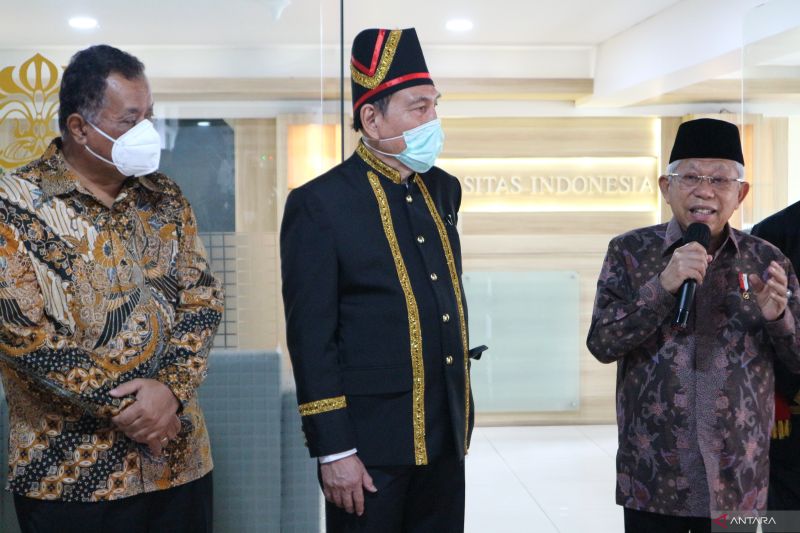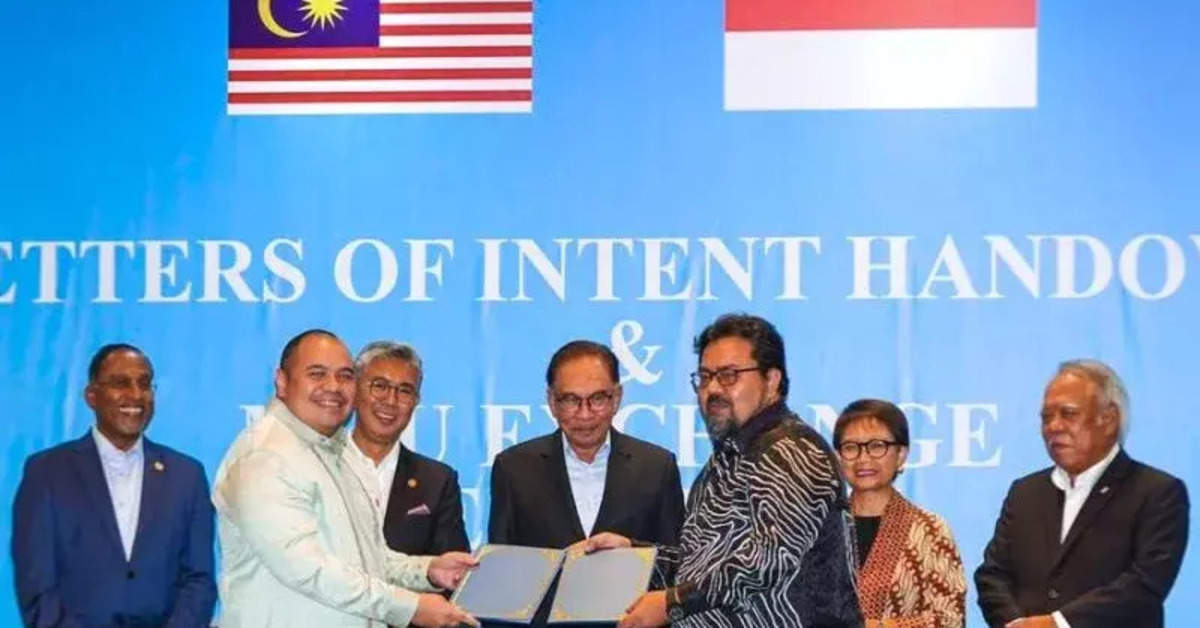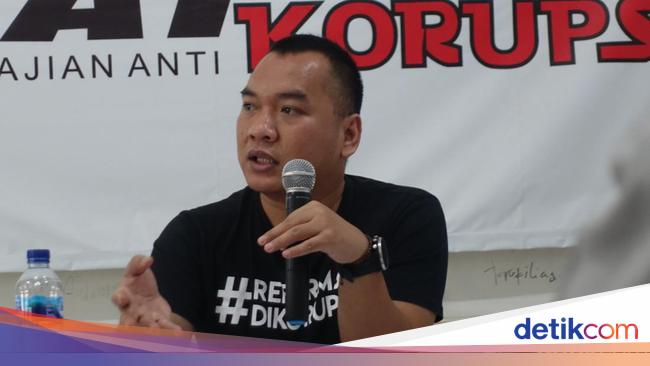Vice President Ma’ruf Amin emphasized that local culture and values should not only be preserved but also developed to prevent them from becoming “fossil” that offered zero benefits to the people.
“Efforts to advance and preserve national culture need active roles and initiatives from the people. We need to more than preserve. We must develop and enhance its values. If we only preserve (the culture), it will become a ‘fossil’ that lives but gives nothing for us,” Amin stated while opening the 2023 Minahasa Culture Pre-Congress at the University of Indonesia here, Thursday.
As the master of national culture, the people should devise strategies to develop culture and solutions to address issues in the cultural aspect, such as in mitigating effects of globalization, modernization, and digital technology, he noted.
“The national culture, formed by various local cultures and rooted in all regions, could help preserve national resilience and solidarity within the framework of Bhinneka Tunggal Ika (Unity in Diversity),” Amin expounded.
The local culture, which forms the national culture, is also functioning as the binding medium to maintain national harmony.
“There are four frameworks. The first political framework consists of Pancasila, 1945 Constitution, Unitary State of the Republic of Indonesia, and Bhinneka Tunggal Ika. That is our framework at the national level. We also have the juridical framework, which is regulations to prevent conflicts,” the vice president stated.
He noted that Indonesia’s third framework is the theological framework, a theology of harmony that will maintain unity and concord among religious denominations.
The fourth, cultural framework, must also be preserved to maintain national harmony, as it all values unity, he added.
“The Dalihan Natolu (“the three-legged hearth”) in Batak culture, ‘Torang Semua Basudara’ (“we are all brothers”) in the Minahasan culture, and Pela Gandong (brotherhood alliance) in Maluku culture, all teach us to maintain harmony,” Amin stated.
The vice president noted that through the local culture, Indonesian people could maintain their harmony and culture, particularly in moments of contention, such as during a general election.
“(By local culture), there would be (no conflict) in a general election, and existing conflicts can also be defused. Hence, we need to develop what the Minahasa people have created. We also need to enliven the culture, not only by preserving it but also living with its values,” he remarked.
Related news: Central Kalimantan invites youth to promote local culture
Related news: National Library asks Pariaman to produce books on local culture
Related news: Ministry introduces ASEAN members to local wisdom on natural dyes



































